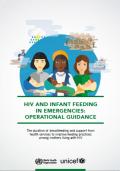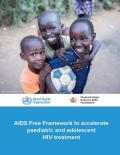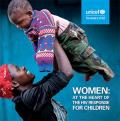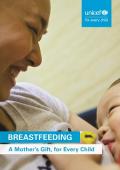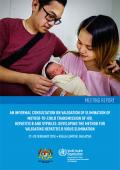Elimination of Mother-to-Child Transmission Publications
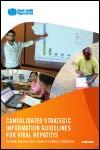
The Consolidated strategic information guidelines for viral hepatitis summarize and simplify the overall approach proposed by WHO to collect, analyse, disseminate and use strategic information on viral hepatitis at local, subnational, national and international levels.
The document describes the use of strategic information at various stages of the response in the context of strengthening broader health information systems. Strategic information can be defined as data collected at all service delivery and administrative levels to inform policy and programme decisions.
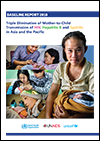
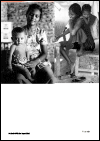
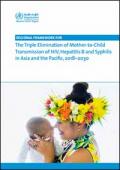
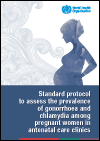
This document has been designed to provide a framework to support local and national STI prevalence studies. The aim of these studies is to understand the burden of disease of Neisseria gonorrhoeae (NG) and Chlamydia trachomatis (CT), two priority STIs that can cause adverse birth outcomes. For this, the objective is to epidemiologically describe the prevalence of these two infections among pregnant women and, by proxy, the general population in the country.






